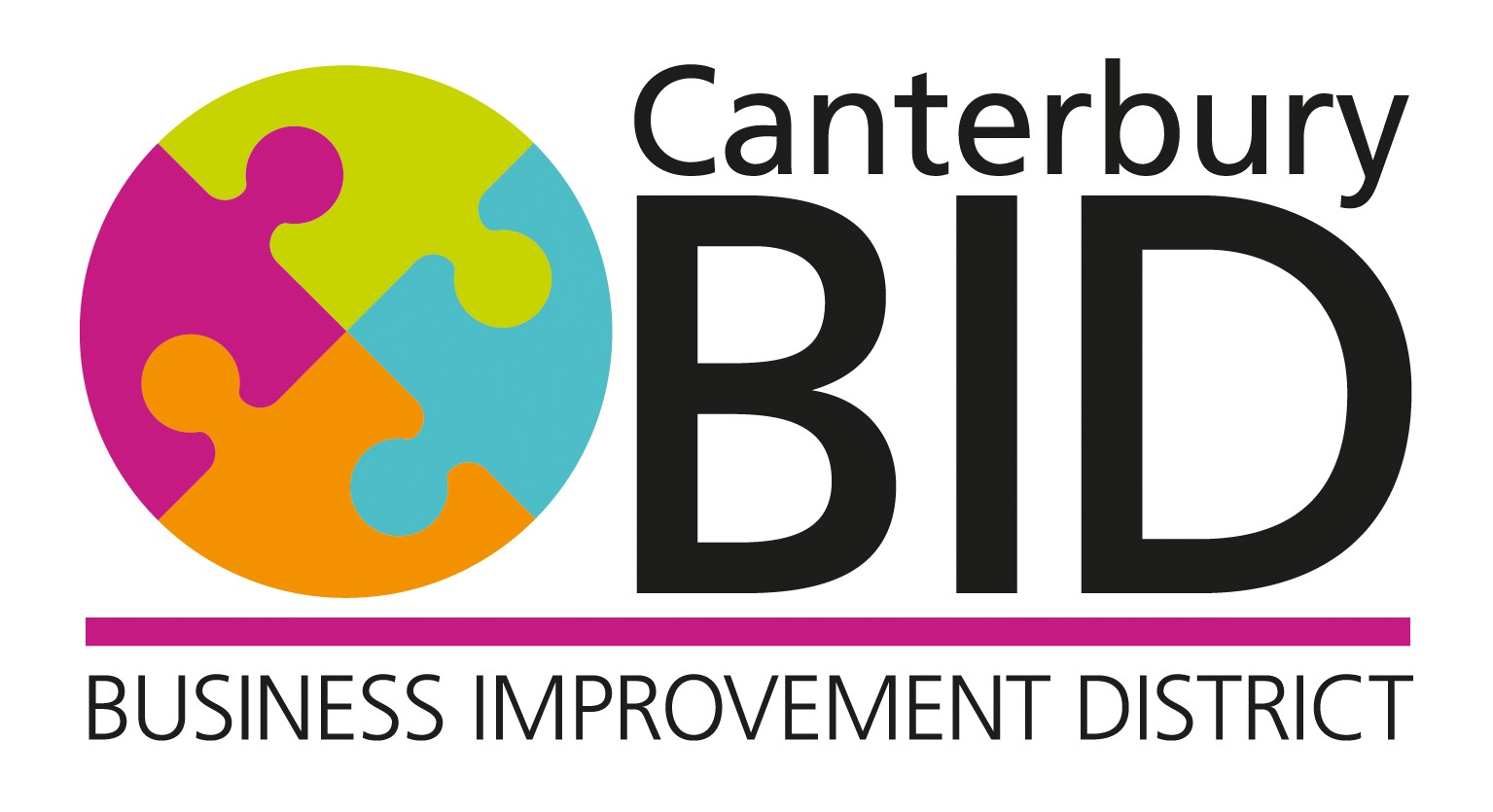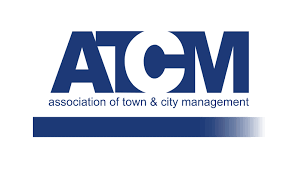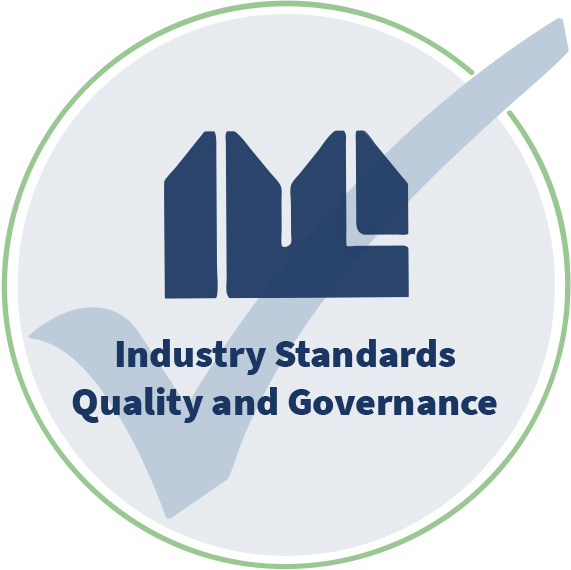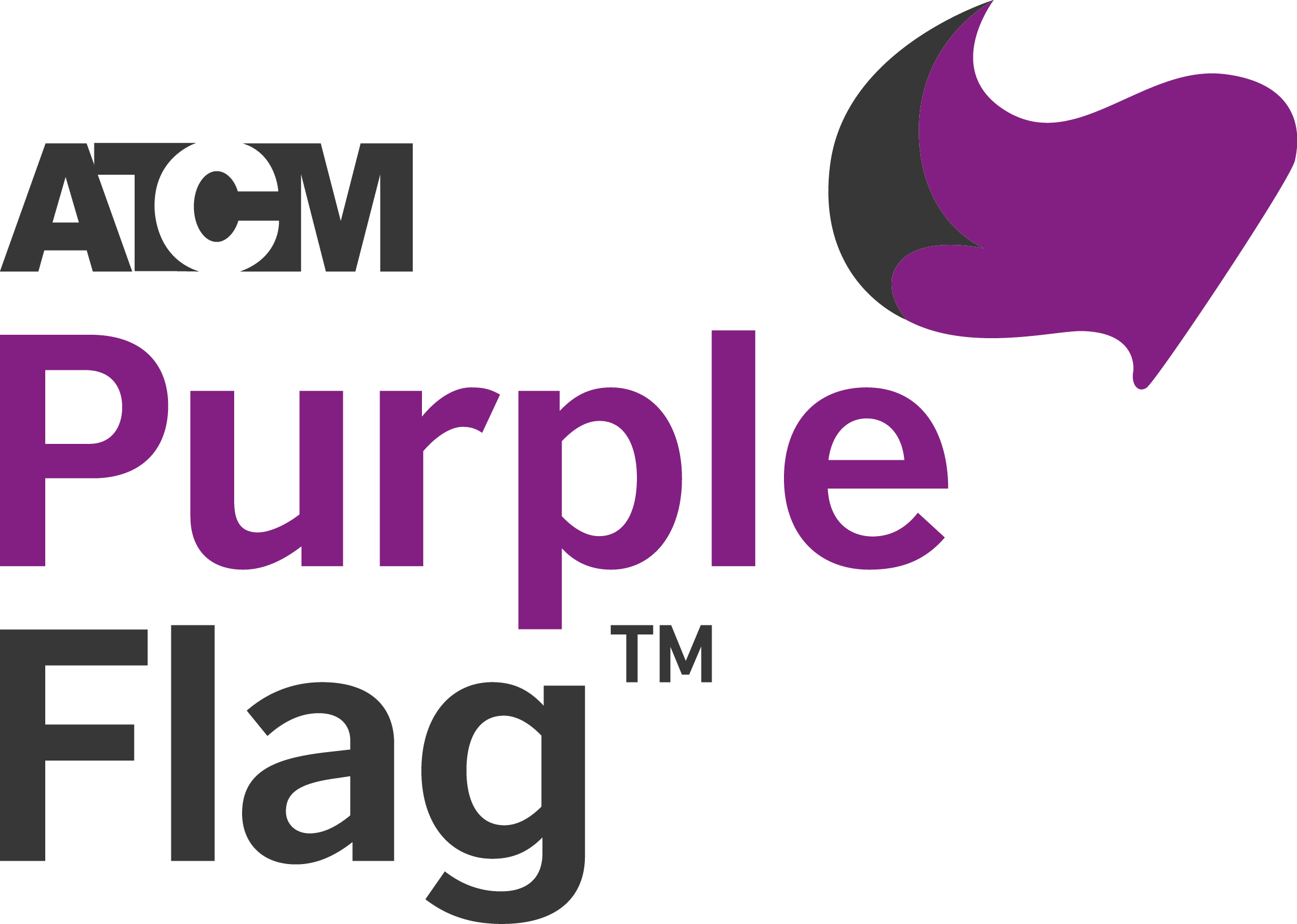- What is Canterbury BID?
- What is a BID?
- How is a BID set up?
- Am I eligible to vote?
- Who can vote in the renewal ballot?
- How do I vote, when will my ballot paper arrive and what’s included?
- How can I return my ballot paper?
- Lost and spoilt ballot papers
- How do I vote and what do the ballot papers look like?
- What is the BID Area?
- How much will it cost me?
- Can I opt out?
1. What is Canterbury BID?
Canterbury BID was established by ballot in 2014 and again in 2019 as an independent, business-led, not-for-profit initiative (run as a Community Interest Company) to ensure investment the city centre based on the priorities of the business community.
All of the money raised by the BID – from the levy, voluntary contributions, sponsorship and commercial income – is invested directly back into Canterbury city centre. Since its inception in 2014 your BID has raised 20% on top of the levy, totalling £1m over ten years, bringing the total amount invested to over £5.6 million.
2. What is a BID?
‘BID’ stands for ‘Business Improvement District’. BIDs are business-led partnerships that agree by ballot every five years to pay an extra levy based on their rateable value to fund activities, services and improvements that will benefit the businesses and the place in which they operate.
BIDs were first established in Canada and the US in the 1970s and now exist across the globe, including in South Africa, Germany, Japan, New Zealand and Australia.
Legislation enabling the formation of BIDs was passed in 2003 in England and Wales (with subsequent regulations published in 2004 and 2005 respectively) and in 2006 in Scotland. Kingston First became the first BID in the UK in 2005 and Canterbury BID became the first in Kent in 2014.
BIDs enter into baseline agreements with the local authority and other service providers which guarantee the level of base service provision in the area. These ensure that any services the BID provides are truly additional. Nationally, there are over 340 BIDs in the UK, investing over £150m every year, giving business an independent voice and investing in business-led initiatives. We were the first BID in Kent and there are now BIDs in Maidstone and Tunbridge Wells.
3. How is a BID set up?
A BID can only be formed following consultation and a ballot in which businesses vote on a BID proposal/business plan for the area. The ballot is run impartially by the local authority, in this case Canterbury City Council. All businesses eligible to pay the levy are balloted.
For a BID to go ahead the ballot must be won on two counts: majority by number of votes and majority of rateable value of those voting.
In 2014 the Canterbury BID1 ballot 63% voted in favour by number and 61% by rateable value. In 2019 69.42% voted in favour and a 74.85% majority by rateable value.
4. Am I eligible to vote?
All eligible ratepayers within the BID Area with a Rateable Value exceeding £5,000 will be able to vote.
5. Who can vote in the renewal ballot?
- Each business and/or organisation entitled to vote in a Business Improvement District ballot is allowed one vote in respect of each property occupied or, if unoccupied, owned by them in the geographical area of the Business Improvement District as at the date of the Notice of Ballot issued in May 2024.
- The business/ property owner themselves, or their nominated representative i.e. a manager/supervisor can vote.
- If the voter has left the business, a nominated representative i.e. a manager/supervisor can vote in their place.
6. How do I vote, when will my ballot paper arrive and what’s included?
Ballot papers will be posted by Canterbury City Council’s electoral services team on 6 June and they will include:
- Letter with an explanation of how the ballot works
- Ballot Paper (lilac)
- Executive Summary of Canterbury BID’s Business Plan 2024-29
- Return Envelope (postage paid)
7. How can I return my ballot paper?
Using the postage paid, return envelope provided.
8. What happens if I don’t receive my ballot paper or I spoil my ballot paper?
If the original ballot paper does not arrive, a replacement paper can be requested from Electoral Services at Canterbury City Council electoral.services@canterbury.gov.uk. Fyi,
- Application must go in writing – by corporate email from applicant
- Application must be received by 4 July
- Replacement will be despatched on 5 July
- Only 4 working days to return – either by post or courier
9. How do I vote and what do the ballot papers look like?
- Ballot papers will come in a white envelope with a purple flash indicating the envelope contains important voting material.
- The ballot paper will be lilac to distinguish it from the other paperwork in the envelope.
10. What is the BID Area?
The city centre (within the city walls) and St Dunstans up to the railway line (same as BID 1). New for this next BID term we will be including the whole of Northgate (not just half) and Kingsmead Road between the Sturry Road roundabout and Sainsburys roundabout, taking in The Riverside and Sainsburys site. Please refer to the Business Plan which details all roads included.
11. How much will it cost me?
Businesses will pay an annual levy, payable in October each year, of 1.8% of rateable value, which means all businesses pay an equitable levy figure proportionate to their scale (some exceptions apply – see Levy Rules on p33 of the Business Plan). The table below shows what the levy will be based on a levy multiplier of 1.8% of rateable value.
| Rateable Value (RV) | Annual Levy @ 1.8% | Weekly Cost | Daily Cost |
| £5,000 | £90 | £1.72 | £0.24 |
| £10,000 | £180 | £3.45 | £0.49 |
| £20,000 | £360 | £6.91 | £0.99 |
| £50,000 | £900 | £17.27 | £2.47 |
| £100,000 | £1,800 | £34.54 | £5.08 |
| £250,000 | £4,500 | £86.37 | £12.34 |
| £500,000 | £9,000 | £172.74 | £24.68 |
| £850,000 | £15,300 | £293.67 | £41.95 |
12. Can I opt out?
No. A positive result in the ballot will mean that all eligible businesses over the threshold and within the BID boundary are required by law to pay for a five-year period.








